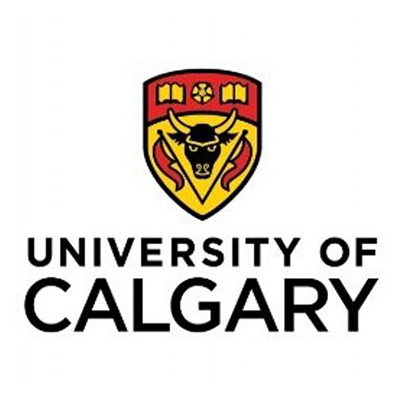When you know yourself, you can plan your career and education based on what's important to you: your interests, abilities, values and experiences.
There was an error. Please try again.
This page is already listed in your guide. Please choose a different page to add.
Diploma in Couple and Family Therapy

University of Calgary
www.ucalgary.caPost-Masters Certificate and Diploma in Couple and Family Therapy (CFT) professional certificates (Levels 1-2) and diploma, provide professionals holding master’s degrees in various disciplines (e.g. social work, nursing, psychology, counselling, public health, pastoral/theology, education) or degrees in law or family medicine or psychiatry with advanced practice skills in working with couples and families. The professional certificates and diploma in CFT allow working professionals to access professional development in a subject area that has not been available in Alberta for many years. We are provisionally accredited by the Canadian Association for Marriage and Family Therapy (CAMFT).
The program is offered online with a social work perspective to help families facing multiple stressors (e.g. unemployment, trauma, substance abuse, children’s diagnoses/difficulties, parenting, custodial issues) and/or are underserved.
The certificates at Levels 1 and 2 are each comprised of four courses, and are pre-requisites for the Diploma which is comprised of a 350 hour supervised practicum.
Admissions and Recruitment Office
2500 University Drive NW
Calgary, Alberta, T2N 1N4, Canada
-
Program Type Post-Master's
-
Credential Type Diploma
-
Length 350 Hour(s)
- Part Time Only
- Cooperative Education
- Continuing Education Only
- Distance Learning Available
Admission Qualifications for Certificates (Levels 1 and 2) and the Diploma in Couple and Family Therapy
- Applicants must hold a master’s degree in a related helping profession, or an M.D. (Family Medicine or Psychiatry), or an undergraduate degree in law (LLB or JD), and a minimum GPA of 3.0. Approved master’s degrees include: Master of Social Work, Master of Nursing, MSc in Psychology, Master of Counselling, Master of Divinity (pastoral or theology), Master of Public Health, or master’s degrees or higher from the fields of education, psychiatry, business, pastoral/theology, or public health.
- Applicants whose primary language is not English must demonstrate English language proficiency in one of the following ways:
a) Successful completion of a master’s degree program, in English, at an accredited university.
b) For applicants required to provide proof of proficiency in English: a minimum TOEFL score of 580 (paper-based) or 97 (Internet-based test); or IELTS score of 7.0; or MELAB score of 83; or Level 3 on the International Foundations Program (werklund.ucalgary.ca/ifp).
- The student’s level of commitment to the field of family therapy and how he/she envisions his/her professional career are both important to facilitate the faculty’s ability to mentor students through the rigorous and demanding educational experiences. Students need to be open to systemic, relational, and contextual approaches to working with families.
- Personal understanding, exploration, and expression of one’s own family-of-origin (extended family context) in a larger social, cultural, and environmental context are indicators of self-awareness. This contextual orientation in awareness includes reflecting on the influences of culture and gender both by way of constraints/barriers as well as resources in a student’s journey in becoming a practitioner.
In-Residence Requirement: All diploma students will attend and experience a 30-clock hour residence to begin their practicum which will be a work-place practicum.
Search Transfer Alberta for course and program transfer information including transfer agreements between post-secondary schools in Alberta, British Columbia, Northwest Territories, Nunavut and Yukon.
Transfer(s) available outside of Transfer Alberta: Not available
Updated August 19, 2024. The information contained in this profile is current as of the date shown.
Educational program information is provided as an introduction and for general reference. For current information about programs and school requirements or policies, check the school calendar, visit their website or contact the school directly.
The Government of Alberta is working in partnership with the Government of Canada to provide employment support programs and services.

